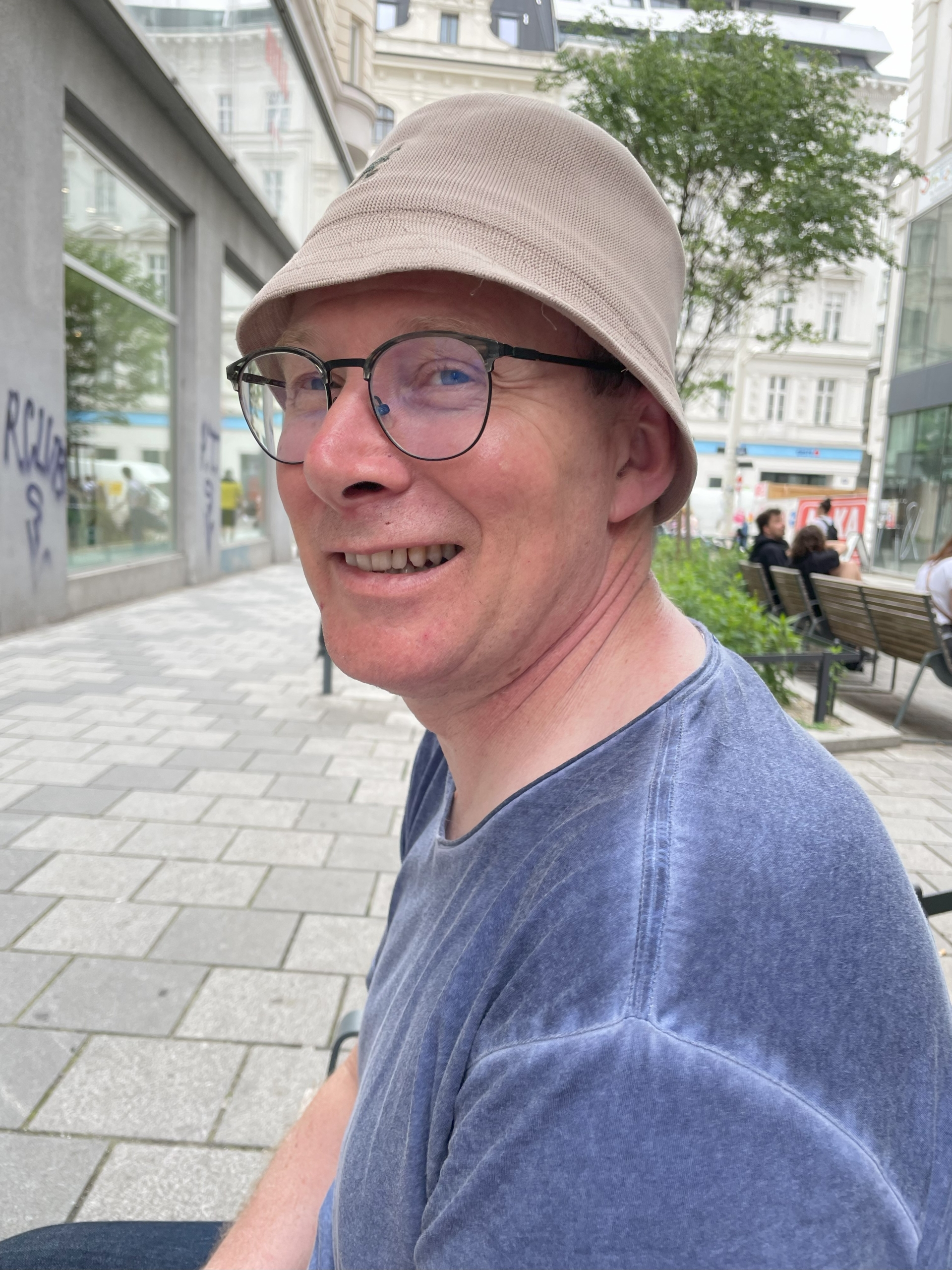Profile: Matt James

Matt James is a professor of political science at UVic who began his career specializing in constitutional research with a flair for history. Matt’s dissertation focused on studying social movements in Canadian constitutional politics and took a historian’s approach (by charting the way movements participated in constitutional debates over time) instead of the more traditional political science approach of focusing on constitutional systems and rules. The result of this research was published in his book, Misrecognized Materialist: Social Movements in Canadian Constitutional Politics. Matt has taught both at UBC and UVic.
Matt’s interest in Canadian constitutional politics led him directly into writing about redress politics in Canada, as Canadian constitutional disputes increasingly became disputes about historical injustices and their contemporary ramifications for community and inter-group relations. This work then led to articles about political apologies and, eventually, to a coauthored article on apologies with Dr. Stanger-Ross during Landscapes of Injustice in Human Rights Review. This work then led to more research on what happens after redress or apologies are given, asking, “What do people do with redress or political apologies?” Often, redress and apologies may have specific symbols associated with them, encapsulating particular lessons or precedents. Thus, “they get consolidated into political shorthands that wind up playing a role in political debates.” These articles and interests aligned perfectly with the PWFC research area and so Matt was the perfect candidate for a residency position.
In the beginning of 2023, Matt was a scholar-in-residence. During that time, he engaged with his previous work about the “invocations of historical injustices directed at small-c constitutional questions about the nature of political community and how to draw the line between illegitimate and legitimate uses of political power. This terrain is what I call the mnemonics of rights.” This led to his working paper focused on “how in Canada and the United States and Australian people in news media accounts after 9/11 talked about the Japanese, Canadian or American or Australian incarceration, interment and dispossession” – how people engage with these symbols and lessons and stories concerning the 9/11 attacks. Taking an archival approach, Matt constructed “an archive of relevant invocations, then read them closely to characterize what kinds of invocations they were, what their underlying purposes appeared to be, and how they related to key developments and dynamics in the War on Terror.” The resulting paper Invoking Memories of Nikkei Oppression to Address the “War on Terror:” Constitutionalism, Authoritarianism, and the Mnemonics of Rights is available to read on our website.
Matt thought the residency experience “was amazing.” The fact that everybody was together in person allowed “a scholarly connection to come to life.” Passionate about music, Matt compared writing a paper alone to with people like playing an instrument where “practicing by yourself, it’s essential. But musicians know that the magic happens when you bring people together. Sometimes people have not encountered each other before. You hear different things in each other’s playing. It forces you to get out of comfortable groups and forces you to react differently. It makes us more receptive and more reflective because you’re trying to make room for everyone. And that is where the great stuff comes from.” Matt noted that the influence of PWFC Masumi Izumi has been particularly generative for his recent work on post-9/11 invocations of Nikkei incarceration/internment and that he hopes to write together with her in the future.
Through this musical appreciation, Matt perfectly articulated the goal of the Residency Program of introducing artists to scholars to learn from one another as one of Matt’s highlights from the program was “getting to know a little bit and getting to listen to Rachel Iwaasa.” Rachel’s presentation at the end of the residency combined “bits of memoir, performance, oral family history, and she put these things all together in a way that I can’t really even kind of describe. It goes beyond words a little bit. It helped me to think about injustice and memory in a less wordy way – a more intimate way.” Moreover, it helped Matt think about familiar topics “on the plane of music” and the “performance opened up a different way of feeling about these topics and added resonances that weren’t there before.”
This article was written by Kiri H. Powell, from an interview with Matt James.

 Instagram
Instagram